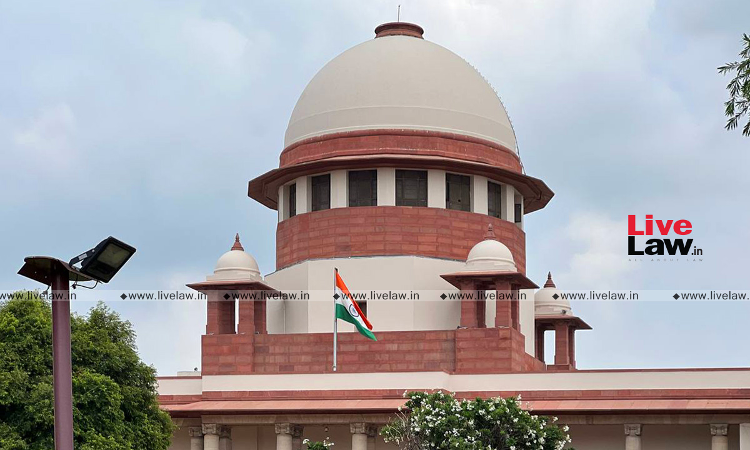"Loan Defaulters Lifestyle Never Suffers; Play With Public Money": Supreme Court
Rintu Mariam Biju
8 Sept 2022 6:32 PM IST

Next Story
8 Sept 2022 6:32 PM IST
The Supreme Court of India on Thursday observed that it's not possible for the court to monitor how many loans are recovered while hearing a PIL which highlighted the issue of loans advanced to some companies without observing the law, by state-owned Housing and Urban Development Corporation (HUDCO).A Bench comprising of Justices Sanjay Kishan Kaul, Justice Abhay Shreeniwas Oka and Vikram...
